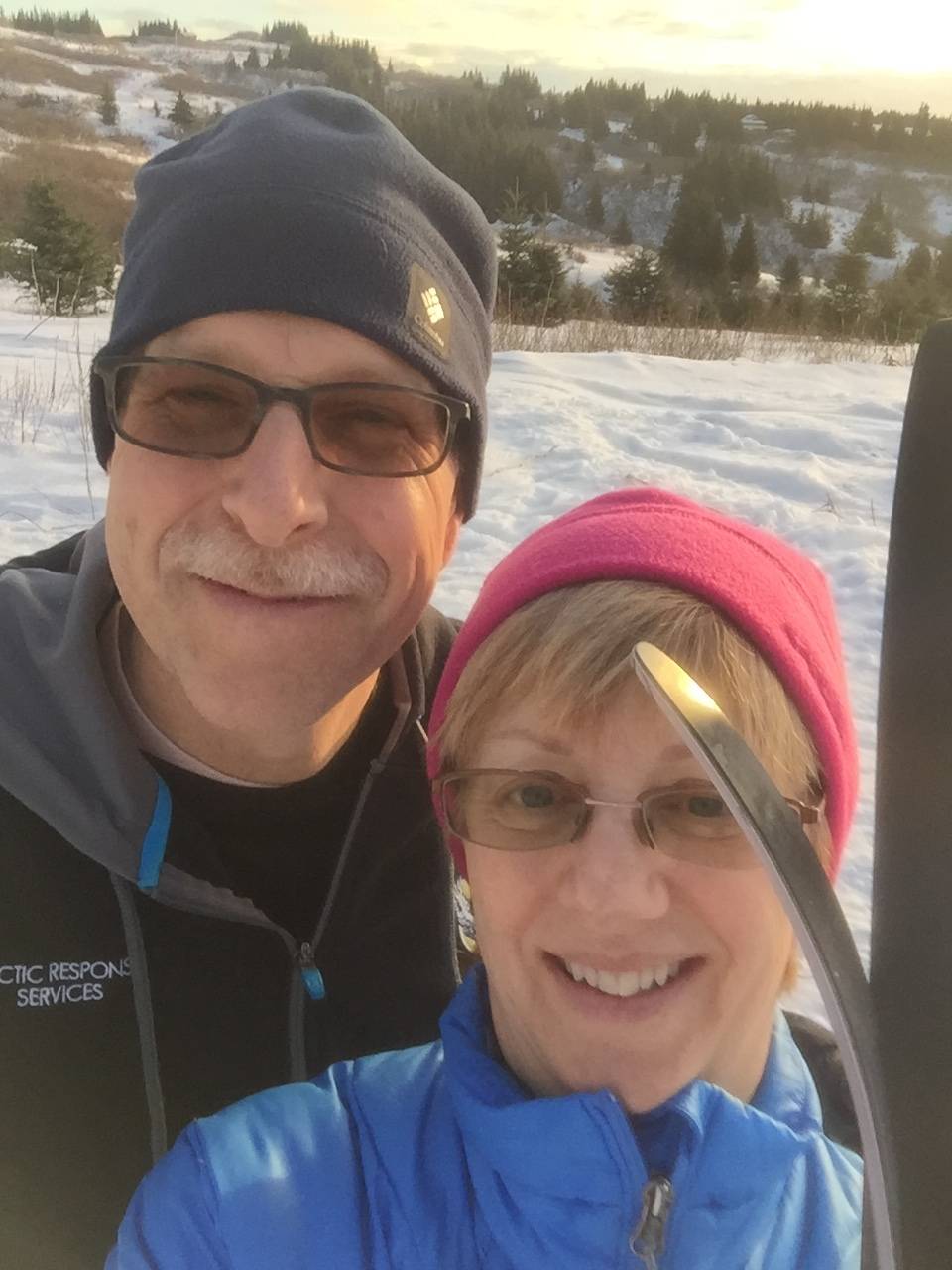Parents of a child suffering from addiction, also suffer from intense grief, most often unacknowledged grief. As parents of a child who suffers from the disease of addiction, from our experiences, this is what we know.
When our daughters were born, we were enthralled with these little people. We surprised ourselves with the enormity of the love that we had for them. We vowed to protect them from hardship and suffering, teach them right from wrong and grow them up to be independent, happy adults. When the realization came that our youngest was slipping into drug addiction, these sentiments and instincts didn’t just disappear, they grew more active in their intensity.
The process of losing our daughter to drug addiction began to take us down a path of desperation. Our daughter was in rough waters with no life jacket, treading water, sometimes sinking and disappearing underwater for days. We paced the shore, back and forth, yelling to her “Please swim to us. Come home where it is safe and warm. We’ll do whatever you want if you will just come back. Please don’t die.”
Most times our daughter would shake her head, refusing to heed our calls. Often she would hold up a weak 4th of July sparkler yelling, “Help me! I am drowning but all I want from you is money, a phone, a car, a place to live to keep me afloat.”
We heeded this call, over and over, immediately jumping into the rough waters, swimming any distance while towing anything she asked for, hoping to rescue her. Oftentimes, especially when I believed I was to blame for her addiction, I would swim out many more times than her father. Other times, her father would swim out, drag her back to shore only to have her turn right around, swimming back to the rough waters on her own. Believing only we could save our drowning child, at any cost, we began to drown too.
Days, months, years passed. We had lost our child. We were blamed for the problem so we had tried harder to save her. We lost “friends” and support but we were expected to continue working, go through our day-to-day life as if nothing was going on. The grief was excruciating. People would ask why we looked sad all the time and where did our smiles go. The shame grew more intense. We went into deep isolation.
Over time, though, we began to give ourselves permission to stay on shore, alone without our daughter. We came to realize we couldn’t rescue her. We were exhausted, heartbroken, angry, bewildered and utterly at a loss as to how to help her. Our daughter knew we loved her. She came to know we needed to save our resources for her potential recovery. She began to take ownership of her disease and her potential choice to change. We too began to take ownership of our own lives and our choice to change.
Parents will go through many stages of the grieving process and many types of grief. We began to understand that watching our child die, even though she was still alive, is a legitimate type of grief known as Unconventional Grief. We learned that parents suffer from their own type of PTSD due to Complicated Compounded Grief, one shoe dropping after the other with no time to process the continual bad news, causing a parent to be on high alert at all times waiting for the next phone call to be the one informing them their child is dead. Chronic grief, unresolved grief, loss of what could have been, the “lost years” — all play an integral part of addiction and recovery.
We speak from our experiences as parents, but we also know that for those in active addiction and for those in recovery, family and loved ones, we all suffer the same types of loss and grief. The issues of addiction are simply complicated. But one thing we know is that grief is a real and legitimate aspect of the journey.
Annie and Rob Wiard started and facilitate Parent-To-Parent Support Group, a place to find support and resources for coping and healing for parents. Group meets Saturdays, 3-4 p.m. at the Homer United Methodist Church. This group is not sponsored by or affiliated with any other group, church or organization. It is a volunteer effort.


